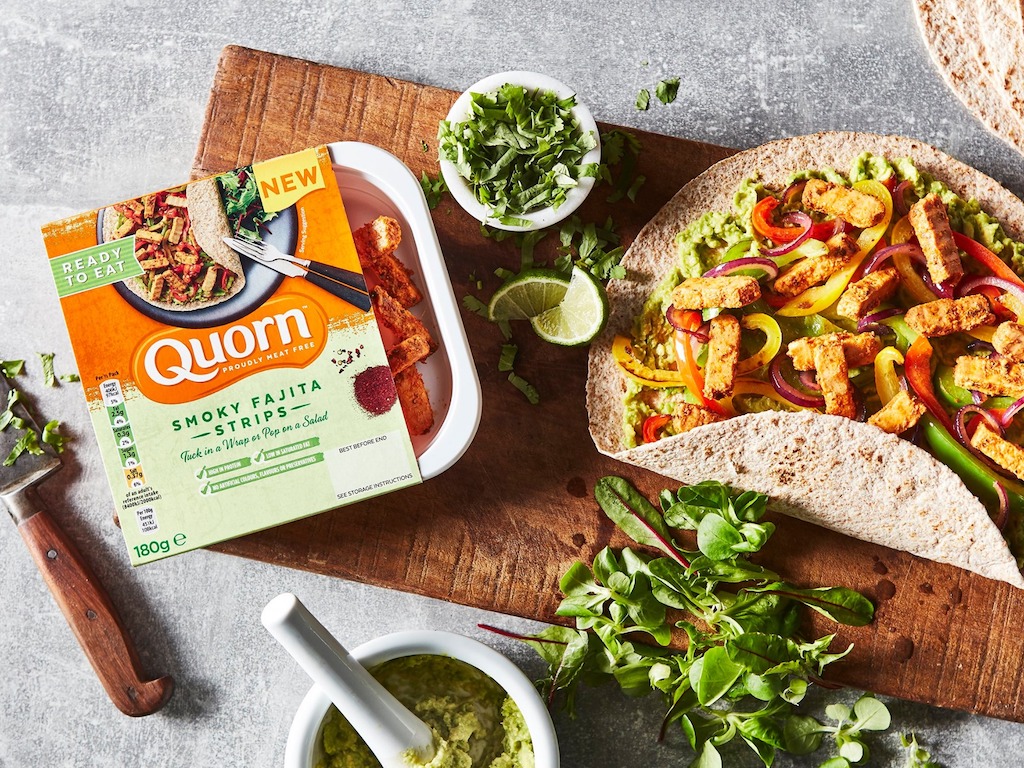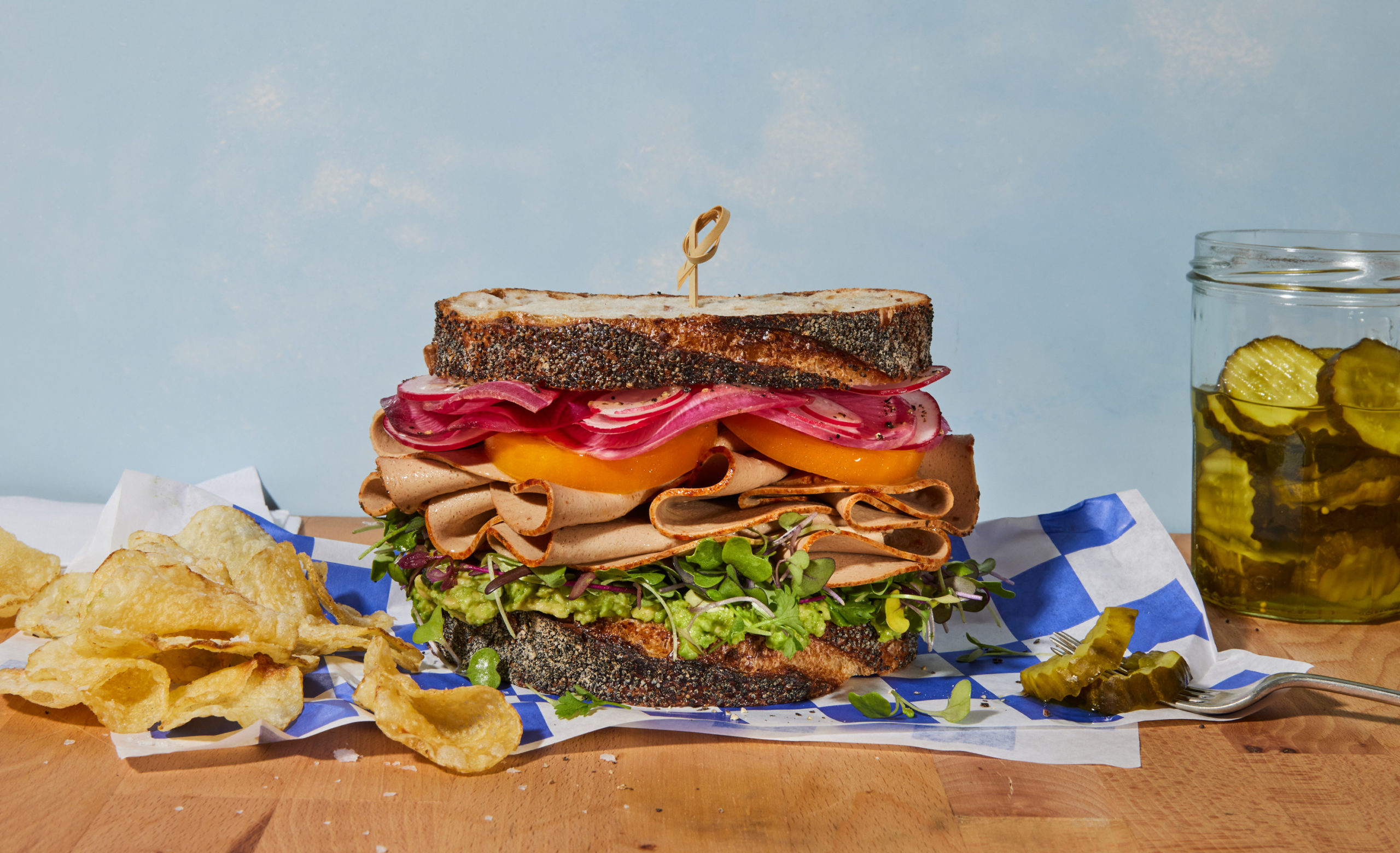Quorn Foods And Prime Roots Partner To Expand Mycelium Meat Category
3 Mins Read
Leading mycoprotein producer, U.K.-based Quorn Foods, has made a minority investment in the Berkeley-based vegan meat startup Prime Roots.
Quorn pioneered the mycoprotein category, and its new partnership with Prime Roots, which relies on koji mycelium —Japan’s “national yeast” — for its vegan meat, will see both companies expand their reach and product range.
Mycelium meat market opportunities
The companies say they will collaborate on new product offerings using their novel mycelium tech. Quorn’s products currently dominate the frozen category while Prime Roots has targeted the deli case since its launch in 2017; it offers vegan versions of turkey, ham, salami, pepperoni, and bacon as well as pâté and foie gras.
Kimberlie Le, Prime Roots’ Co-founder and CEO, expressed enthusiasm about the partnership: “We are thrilled to partner with Quorn, the leader in mycelium-based proteins to create breakthrough innovations together and to bring great tasting foods that are better for you and for the planet to mass markets,” Le said in a statement.

“Prime Roots is doing great things in developing the U.S. meat-free deli category, and we’re excited by the opportunity we now have to share knowledge and collaborate with Kimberlie and her team,” said Quorn’s CEO, Marco Bertacca.
The alliance announcement comes in the wake of Prime Roots’ recent $30 million Series B fundraise aimed at escalating production for nationwide distribution.
“People are asking for sustainable meat options that taste good, make them feel good, and do good with less planet impact,” Le said in a statement accompanying the Series B announcement. “Prime Roots delivers on all three: taste, nutrition, and sustainability.”
According to Le, the recent funding is an indicator that there is a growing market demand for alternatives to conventional meat.
Health benefits of mycoprotein
The news also comes on the heels of recent research published in the European Journal of Nutrition looking at Quorn’s health benefits, particularly on the propagation of friendly gut bacteria. The research, published in February, found that the study participants who consumed mycoprotein had “statistically significant” decreases in biomarkers for colon cancer than the group that did not consume the mycoprotein.

“The study showed that this dietary change delivers a significant reduction in genotoxicity and an increase in beneficial gut microbes,” the researchers noted. “Our findings suggest therefore that this high-fiber protein source provides a good alternative to meat in the context of gut health and could help to reduce long-term bowel cancer risk.”
Other research, published in 2019, found that Quorn’s mycoprotein increased muscle building in participants at more than double the rate of the group who consumed dairy.
“These results are very encouraging when we consider the desire of some individuals to choose non-animal derived sources of protein to support muscle mass maintenance or adaptations with training,” said Dr. Benjamin Wall, Associate Professor of Nutritional Physiology, University of Exeter.
“Our data show that mycoprotein can stimulate muscles to grow faster in the hours following exercise compared with a typical animal comparator protein (milk protein),” he said.
Last week, Quorn’s UK parent entity Marlow Ingredients announced a collaboration with Danish food start-up Tempty Foods to introduce a range of meat alternatives featuring mycoprotein, the fungus-derived “super protein” the company says is more sustainable than conventional protein sources.



